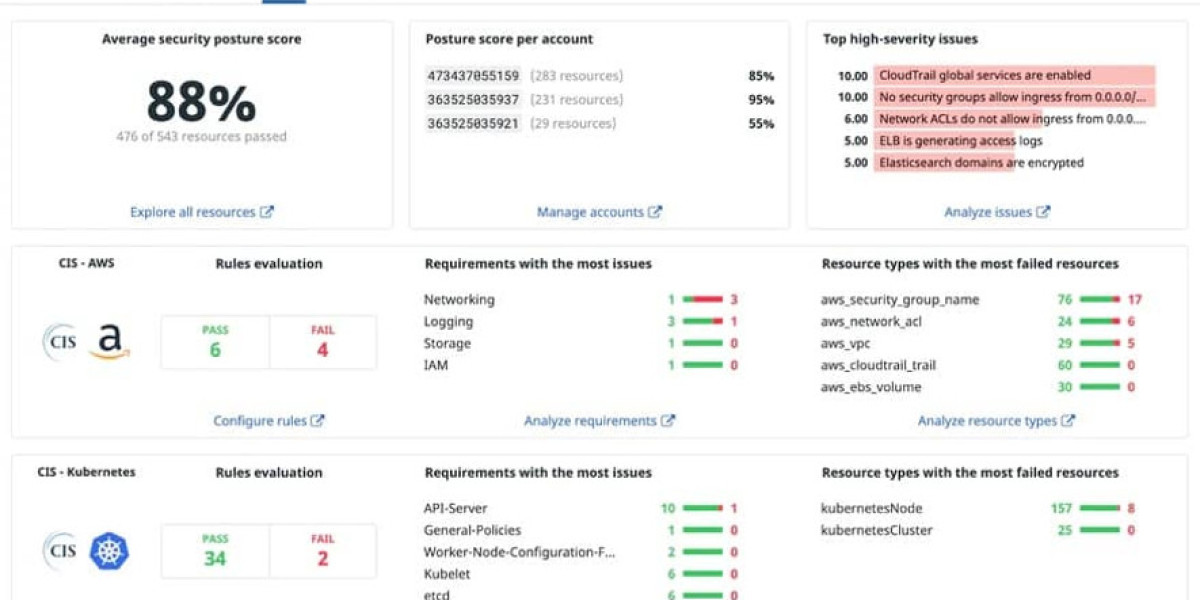Understanding Smart Speakers
Introduction
Smart speakers are rapidly becoming integral to everyday life, enhancing how we interact with our homes and the world around us. These devices combine voice recognition technology, artificial intelligence (AI), and high-quality audio performance to offer users a range of functionalities beyond just playing music. Smart speakers serve as central hubs for smart homes, allowing users to control lights, thermostats, and other devices through voice commands, while also providing access to a wide array of entertainment, information, and services.
Smart Speakers Market Size was valued at USD 11.86 Billion in 2023. The Smart Speakers industry is projected to grow from USD 13.79 Billion in 2024 to USD 39.7 Billion by 2032, exhibiting a compound annual growth rate (CAGR) of 14.13% during the forecast period (2024 - 2032).
With leading players like Amazon, Google, and Apple continuously innovating in this space, smart speakers are becoming more sophisticated, intuitive, and versatile.
Key Features of Smart Speakers
- Voice Assistant Integration: Smart speakers are powered by voice assistants like Amazon’s Alexa, Google Assistant, and Apple’s Siri, allowing hands-free control over various tasks and services.
- Multi-Room Audio: Many smart speakers support multi-room audio setups, enabling users to stream music or podcasts in different rooms simultaneously or synchronously.
- Smart Home Control: Integration with a wide range of smart devices allows users to control lights, locks, thermostats, and more from a single device.
- Bluetooth and Wi-Fi Connectivity: Smart speakers often support Bluetooth and Wi-Fi, providing flexibility in how users connect and stream audio content.
- High-Quality Audio: Equipped with high-fidelity sound systems, smart speakers often deliver exceptional audio quality for music, podcasts, and calls.
- Personalization: Voice assistants learn user preferences, providing personalized recommendations for music, reminders, shopping, and more.
- Privacy and Security Features: Leading smart speakers now come with enhanced privacy settings, such as microphone muting, data encryption, and voice recognition features to ensure that only authorized users can access specific commands or data.
Benefits of Smart Speakers
- Convenience: Voice commands allow users to perform tasks without the need to physically interact with devices, offering hands-free convenience for busy households.
- Home Automation: Smart speakers act as central hubs for managing IoT devices, making it easier to automate and streamline home functions.
- Entertainment: Beyond being simple audio playback devices, smart speakers support music streaming, podcast subscriptions, audiobooks, and more.
- Enhanced Productivity: They can set reminders, make shopping lists, provide weather updates, and perform web searches, acting as personal assistants that boost efficiency.
- Accessibility: Smart speakers can be incredibly helpful for individuals with disabilities, enabling voice commands to control their environment or interact with devices without physical effort.
Segments of the Smart Speaker Market
- By Voice Assistant
- Amazon Alexa
- Google Assistant
- Apple Siri
- Other Voice Assistants (Bixby, Cortana, etc.)
- By Connectivity
- Wi-Fi-Based Smart Speakers
- Bluetooth-Based Smart Speakers
- Hybrid Connectivity (Wi-Fi + Bluetooth)
- By Application
- Residential Use
- Commercial Use (Hotels, Offices, Retail)
- Educational Institutions
- Healthcare Facilities
- By Technology
- Smart Speakers with AI Integration
- Multi-Room Audio Systems
- Voice-Controlled Smart Home Devices
- Voice Assistants for Productivity (Calendars, Reminders, etc.)
- By End-User
- Individual Consumers
- Businesses and Enterprises
- Educational Institutions
- Public Spaces (Hotels, Airports, Malls)
- By Audio Quality
- Basic Audio
- Premium/High-Fidelity Audio
- Smart Speakers with Subwoofers
Future Outlook
The future of smart speakers is incredibly promising. As AI continues to evolve, these devices will become even more intelligent, capable of predicting user needs, improving interaction, and offering more personalized experiences. The integration of new technologies, such as advanced natural language processing (NLP) and machine learning (ML), will allow smart speakers to better understand context, emotions, and more nuanced commands.
Furthermore, as home automation systems continue to gain traction, smart speakers will likely evolve into even more sophisticated hubs for controlling entire smart ecosystems. Integration with additional IoT devices, including home appliances and even vehicles, will further increase their relevance and appeal.
With a growing focus on privacy and security, future smart speakers are also expected to feature enhanced data protection, allowing users to have more control over their personal information.
Get Related Reports:



